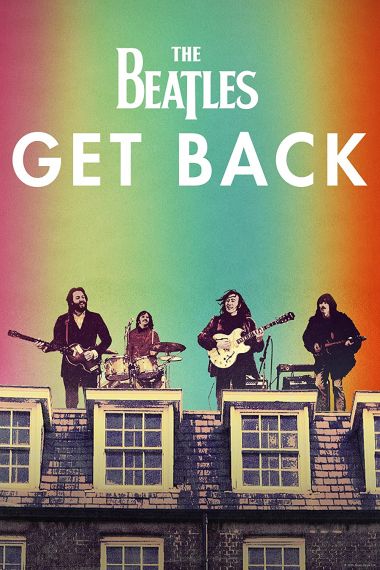Getting back to where we once belonged

Last weekend, I sat and watched no less than eight hours of what can only be described as mindless chitchat. No, it wasn't a Gogglebox marathon – it was Get Back, Peter Jackson's new(ish) Beatles documentary. And I loved every second.
For the uninitiated, Get Back is a 'three-part event' drawing on 60 hours of footage from sessions for the Fab Four's final album, Let It Be. The original cut, released in 1970, is famously awful. Acrimonious and unhappy, it's a portrait of a band about to collapse: a brotherhood dissolving into individualism.
Jackson's version is billed as a redemption. It unearths hours of giggling, jamming, and joking between John, Paul, George, and Ringo. In doing so, it paints a new picture of joy and creativity, the cheeky moptops still shining through the beards and spectacles.
But the question is: why should we care? Why should I care? Because I really do.
Well, first off, there's just something about the Beatles. In many ways, they're ground zero for our post-structural, post-sexual revolution society. They were lightning rods for a thousand cultural forces. In them the future, our present, suddenly happened. This is why it's so important to listen to the stories around us on our frontlines. When we learn more about the Beatles, we learn more about the cultural air we breathe and become better able to respond in love.
But Get Back is about more than that. In reconstituting the Let It Be sessions as a period of goodness and innocence, it touches our innate desire for salvation.
In 1964, Beatles publicist Derek Taylor famously wrote: 'The kids of AD 2000 will draw from the music much the same sense of wellbeing and warmth as we do today.'
The Beatles' pre-eminent place in our culture means it's weirdly important to prove they can perpetually deliver 'wellbeing and warmth' – and that, therefore, the individualist dream of the 60s doesn't ring false.
But the reality is that it does ring false. The Beatles did split up and spend years throwing lawyers at each other.
On its own, individualism does lead to chaos. Get Back's attempt to redeem a story of pain is wonderful – it doesn't get much better than spending time with four happy Beatles. Even so, the nagging 'but' at the back of your brain doesn't go away.
We do need more than art. We do need more than each other. We do need a saviour.
This article first appeared on the website of the London Institute for Contemporary Christianity and is printed here with permission.











